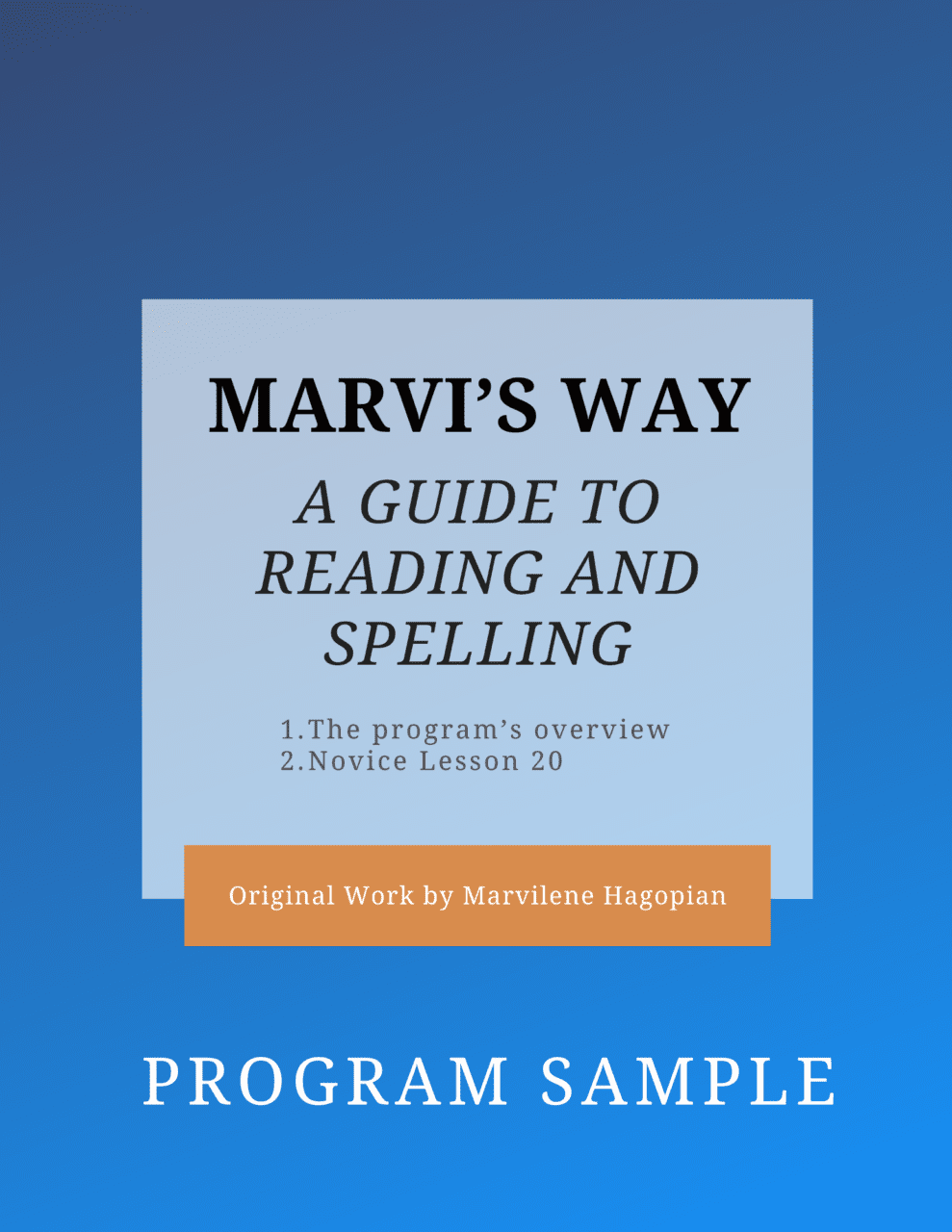
Reading Aloud
"This we can say with certainty: If a child in a modern society like ours does not learn to read, he doesn't make it in life. If he doesn't learn to read well enough to comprehend what he is reading—if he doesn't learn to read effortlessly enough to render reading pleasurable—if he doesn't learn to read fluently enough to read broadly and reflectively across all the content areas, his chances for a fulfilling life, by whatever measure academic success, financial success, the ability to find interesting work, personal autonomy, self-esteem are practically nil." McPike, E., Ed. (1995). (summer). Learning to read: Schooling's first mission. American Educator. Vol. 19 (2), pp. 3.
Parents and guardians are often told, "If you read to your children, your children will learn to read." This statement is not necessarily true. However, the benefits of reading aloud with children are enormous. How we read to them and our conversations while reading can significantly enhance children's learning experiences. Reading aloud helps them learn how books work (Concepts of Print). It expands their background knowledge, vocabulary, and comprehension through multiple exposures to rich literature and informational text beyond their current reading levels. Emphasize the information provided in books while reading to children at home and school.
While reading together, the interaction between you and your children is significant. Children appreciate that someone cares about them enough to share the joy of reading. They look forward to reading sessions with much excitement. You will receive great satisfaction knowing you are contributing to their future academic success.
Books transcend children's knowledge of the familiar. Books open their small worlds to knowledge, concepts (such as print awareness), and possibilities they might not think of independently. The broader children's background knowledge, the more successful they will be. Read expository or informational text to children often. Reading stories that match subjects taught in the classroom can enhance a child's academic success.
Choosing the right books is important. Before selecting a book for children, consider consulting with their classroom teachers or reading specialists. Information on this website offers advice on how to find the perfect book.
Vocabulary development is a crucial factor in achieving high levels of academic performance. The number of academic words children know influences their success in mathematics, history, social science, science, languages, and even the arts and music. Understanding the meanings of words associated with their studies helps prevent confusion and frustration. Never assume children know all the words in the stories being read to them. This includes words some might think most children already know. Take time to check children's understanding and encourage them to use the words they are learning when they speak and write. Actively working on expanding and developing children's vocabulary helps prepare them to become successful learners in all aspects of life.
Note: If you want to learn the prerequisite reading skills for children ages birth - 5, you will benefit from reading the Phonics and Spelling and Phonemic Awareness sections on this website. The Parents Sessions (Seasons 1 and 2) is a series of videos about what children need to know and do before starting school. The information is equally significant for helping older, struggling readers.

Marvi's Way: A Guide to Reading and Spelling is a downloadable reading and spelling program for parents and guardians. Each module comes with two separate workbooks (tutor and student versions) that guide users through 126 detailed lessons step by step. You do not need to be an expert; you will learn to teach reading and spelling as you work through the lessons with your children.